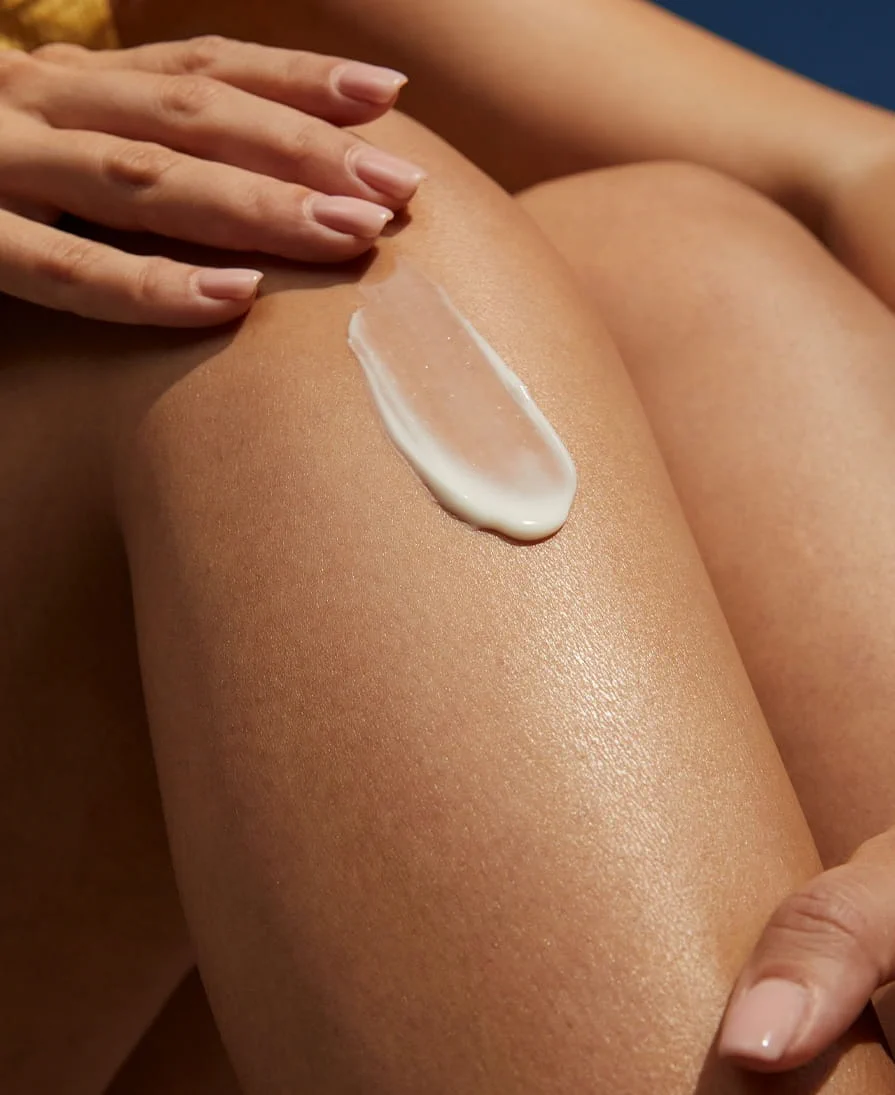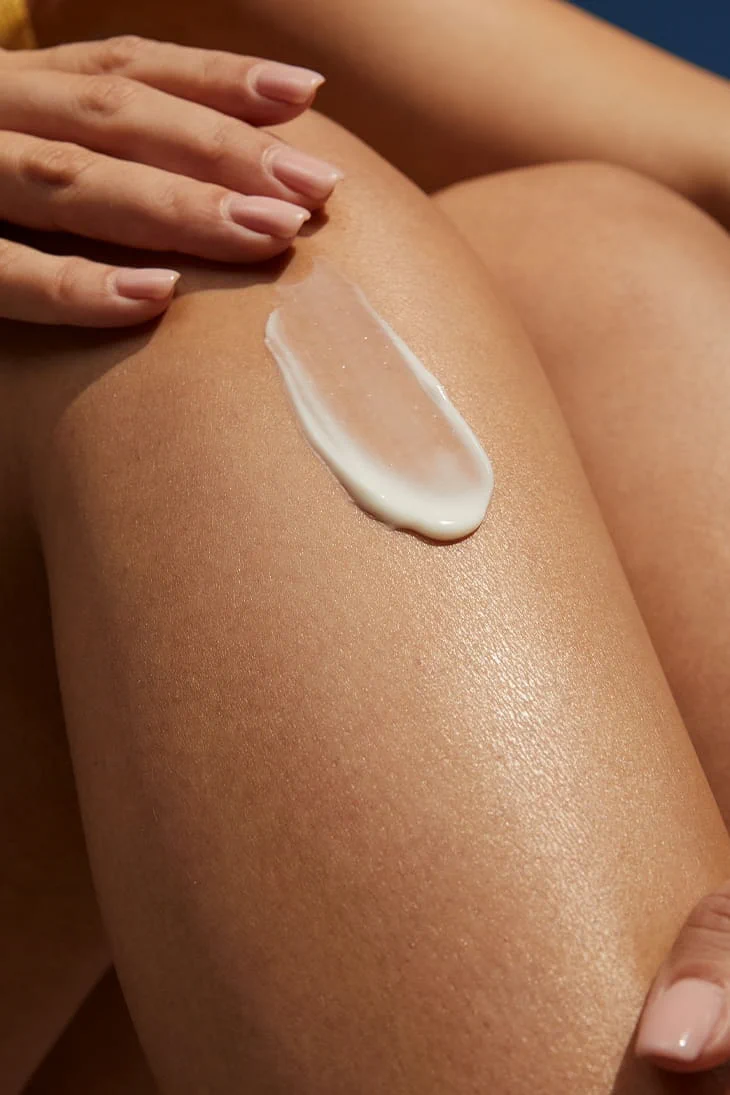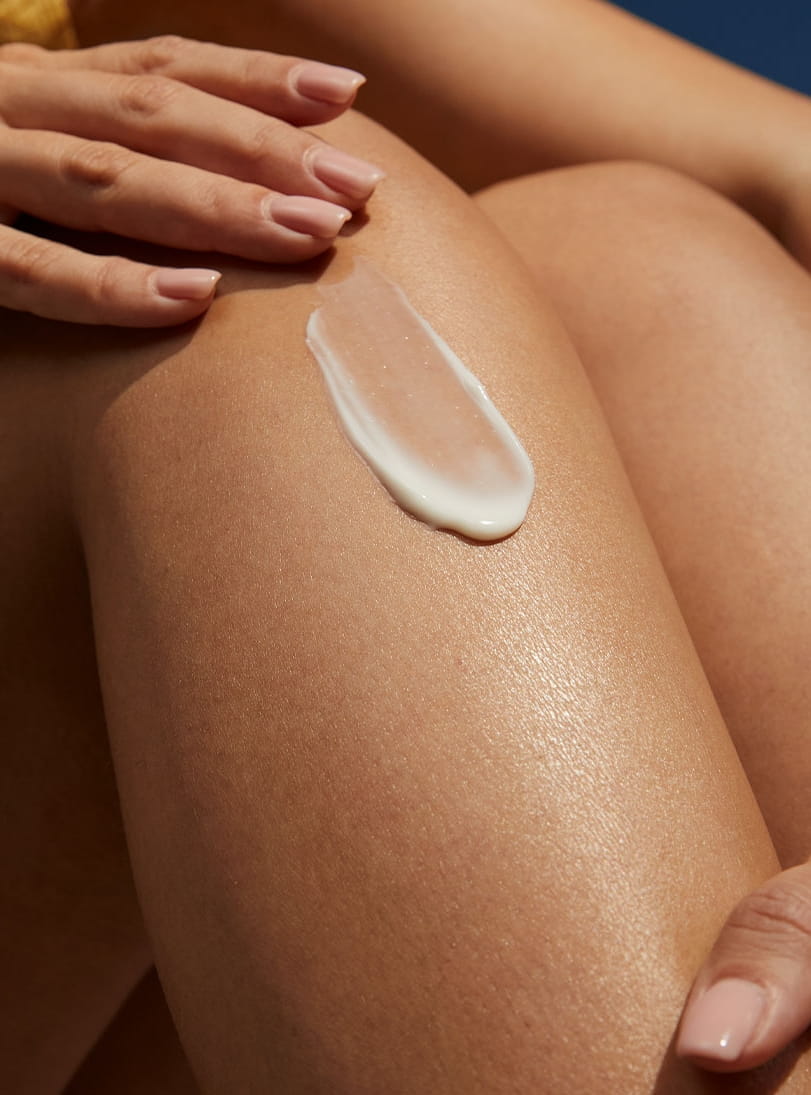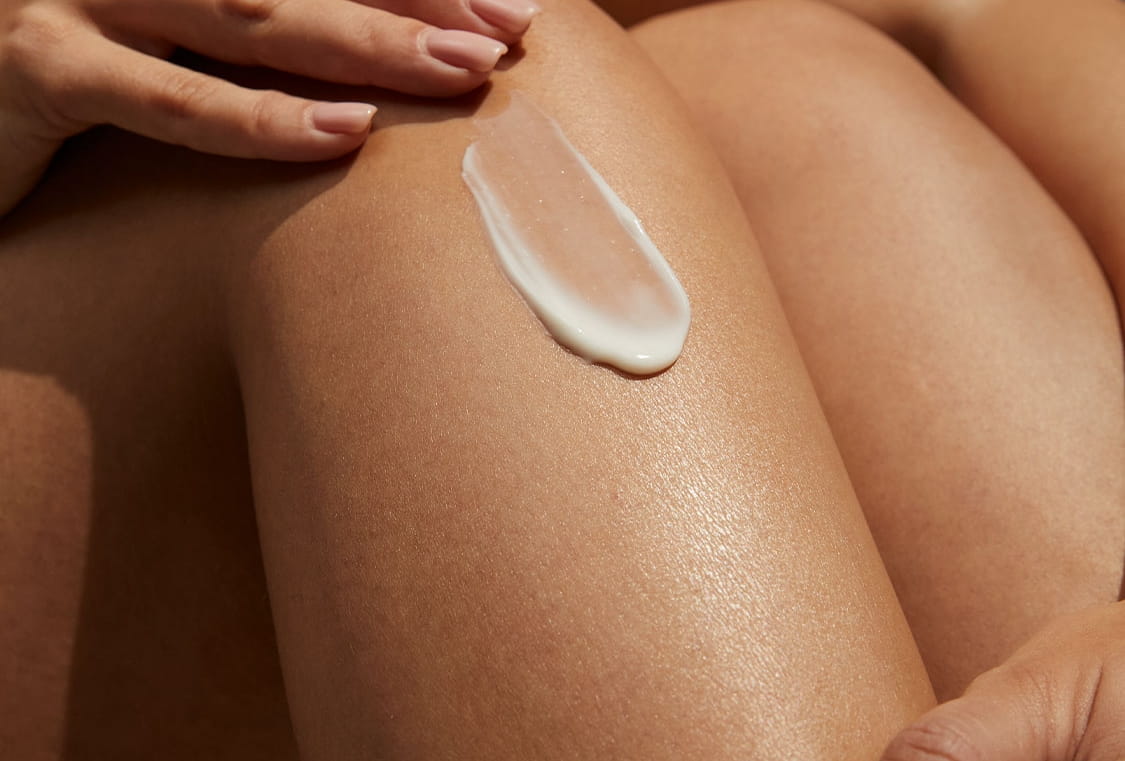
How to sweat less
Sweating is necessary and healthy for the body, but excessive sweating can be very annoying, both because of the sensation of humidity and because of the smell. Read our advice on how to prevent excessive sweating, reducing sweating and the odours that come along with it.
How to sweat less
In order to learn how to sweat less, it is good to know what it is and why do we sweat.
When the body notices temperature or emotional changes, the endocrine sweat gland is altered. To regulate body temperature, these glands produce water and salt as a mechanism to cool the body. This process in our body is called thermoregulation.
The eccrine glands are the most common kind of sweat gland and are found all over the body. The sweat released from the eccrine gland is mostly composed of water, however will get mixed with other minerals found in the skin, such as salt, protein, urea and ammonia.
The sweat that comes from the armpits and groin are larger and are called apocrine glands, which are usually located next to hair follicles and create sweat that typically smells worse. Most people would assume that sweat is what smells, but this is not the case - it is actually the bacteria on our skin that absorb the sweat produced by the apocrine sweat glands.
Read our guide to understand how to sweat less, how to reduce sweating, why do we sweat and how to stop armpit from sweating.
When the body notices temperature or emotional changes, the endocrine sweat gland is altered. To regulate body temperature, these glands produce water and salt as a mechanism to cool the body. This process in our body is called thermoregulation.
The eccrine glands are the most common kind of sweat gland and are found all over the body. The sweat released from the eccrine gland is mostly composed of water, however will get mixed with other minerals found in the skin, such as salt, protein, urea and ammonia.
The sweat that comes from the armpits and groin are larger and are called apocrine glands, which are usually located next to hair follicles and create sweat that typically smells worse. Most people would assume that sweat is what smells, but this is not the case - it is actually the bacteria on our skin that absorb the sweat produced by the apocrine sweat glands.
Read our guide to understand how to sweat less, how to reduce sweating, why do we sweat and how to stop armpit from sweating.
The Causes Of Sweating
When and why do we sweat?
Sweating or perspiring is our body's natural response when we are exposed to high temperatures, when we exercise, when we have strong emotions or as a result of certain illnesses. Sweating at night or excessive sweating can be annoying, but not sweating is harmful to our health.
How To Reduce Sweating
Tips On How To Sweat Less
Lifestyle choices play a big part in our skin and how much we sweat. Special skincare, shaving and special antiperspirants can all help.
Remedies To Stop Sweating
How To Prevent Sweating
Although sweating is not something we can avoid, it is necessary to regulate our body temperature, in fact not sweating can be harmful to our health. While personal hygiene doesn’t stop sweating, a good shower can wash away any sweat, leaving you feeling refreshed and more comfortable in your own skin. Washing regularly with cleansing shower gels help to clear the sweat glands and prevent buildup in the pores.
Some of the main products to avoid, when your skin sweats, are oil-based skincare products. Leave these types of products for dry and sensitive skin, and use light-based moisturizing products.
Some of the main products to avoid, when your skin sweats, are oil-based skincare products. Leave these types of products for dry and sensitive skin, and use light-based moisturizing products.
How To Apply Antiperspirant
It may seem obvious but there are right and wrong ways of applying antiperspirant to reduce sweating:






